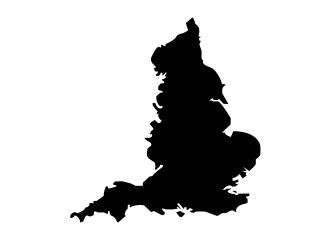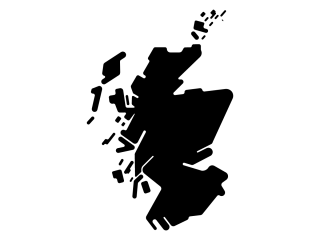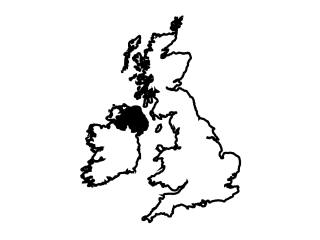What is stalking?
The Suzy Lamplugh Trust defines stalking as 'A pattern of fixated and obsessive behaviour which is repeated, persistent, intrusive and causes fear of violence or engenders alarm and distress in the victim.’
The term 'cyberstalking' extends this behaviour online, for example, monitoring victims online social media accounts or creating fake profiles to follow victims and gather information.
Is this against the law?
Stalking is a crime in the UK. Slight variations of the law exist between England and Wales, Scotland and Northern Ireland and you can find the legislation below.
The law states that it’s illegal for a person to pursue a course of conduct that they know or ought to know amounts to stalking. A 'course of conduct' refers to two or more incidents of unwanted behaviour.
If you believe you are being stalked, you can report this to the police via 101 or your local police force website. If you feel in any immediate physical danger, call the police on 999.
What to do if you're being stalked online
You haven’t done anything wrong and what’s happened is not your fault. You are not alone and we are here to help you. We know it’s easier said than done but try to keep calm and follow this advice.
The Suzy Lamplugh Trust have a free assessment tool on their website which asks a series of questions to determine whether you are being stalked and what help you can receive. If you're unsure of what you are experiencing 'counts' as stalking, this will help.
The National Stalking Helpline suggests collecting evidence of the stalking you are experiencing, this could include audio recordings, pictures you have taken, screenshots of messages and call logs.
It could help you to create a timeline of what has happened and when so you keep track of all the events if you decide to report to the police.
Top tip from the National Stalking Helpline: If you are gathering evidence against your stalker, be careful when taking video footage or pictures as we have come across cases where the stalker has then complained that the victim is harassing them. If you are unsure, then you can talk to the police about this first.
If your stalker is using technology to carry out their behaviour, it may be a good idea to do a quick review of your online privacy and block any of their known accounts and usernames to limit what they can find about you online.
Stalking is a criminal offence and you can report this to the police, you're able to get more advice on how to report this to the police from the National Stalking Helpline or find information on criminal and civil law pathways below.
We understand how distressing online crimes can be and encourage all victims to reach out and get extra support if they need it. You’re not alone and help is out there.



